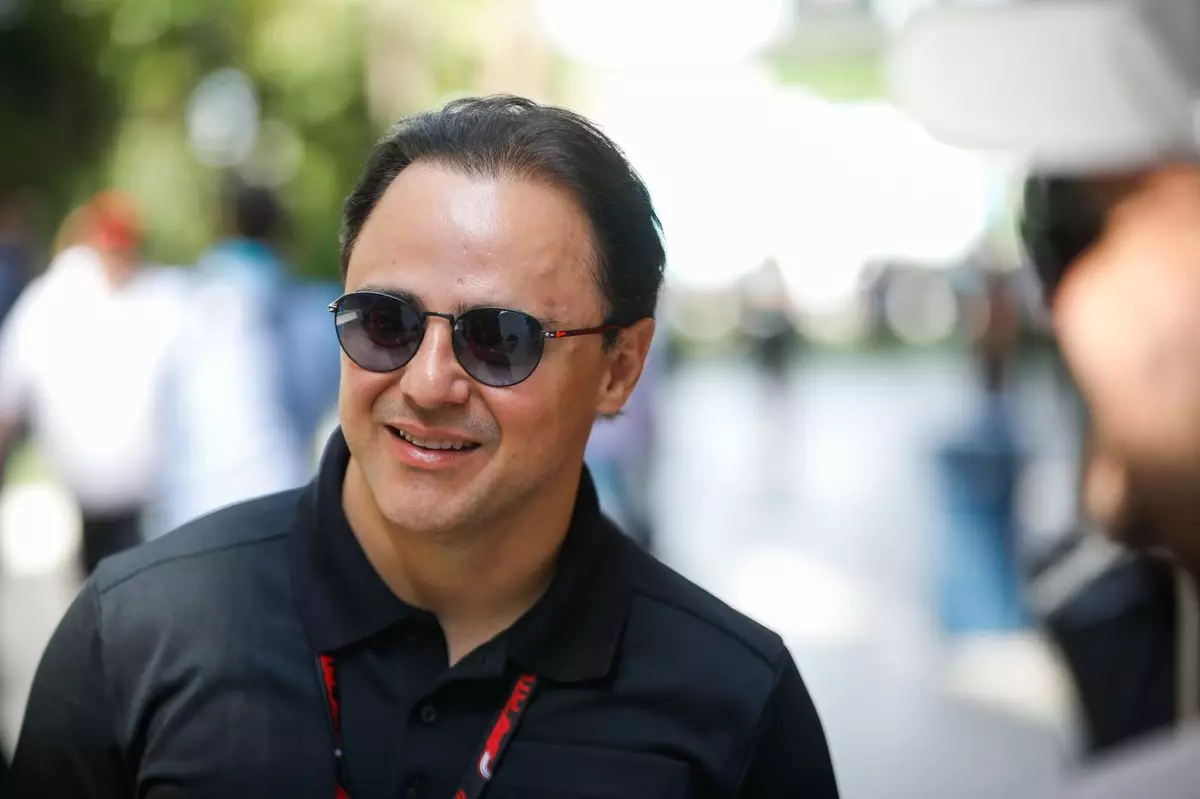Felipe Massa’s legal battle against the world of Formula 1, the FIA, and former F1 supremo Bernie Ecclestone is a compelling reminder of the complexities and high stakes of motorsport. The dramatic events of the 2008 championship, particularly the infamous Singapore Grand Prix, have reignited old wounds for Massa as he seeks justice for what he perceives as an unjust loss of the title. The incident, where Nelson Piquet Jr. deliberately crashed to trigger a safety car, substantially altered the race’s outcome, ultimately impacting Massa’s pursuit of his first World Championship. As Massa prepares for court, the implications of this legal challenge ripple far beyond personal grievances, raising questions about the integrity of the sport.
Massa’s claim, while steeped in emotions and sportsmanship, primarily rests on allegations of breach of contract. He asserts that the decision-makers knowingly allowed for actions that compromised the competition’s fairness. This legal challenge, slated for hearing in the King’s Bench Division of the High Court, hinges on whether the events that unfolded in Singapore could have legally warranted repercussions—potentially rewriting the outcome of that season’s championship.
Ecclestone’s recent comments, where he admitted that the outcome of the race might have warranted cancelation, are crucial in this case. Despite his lack of memory regarding prior discussions about the incident, these statements lend credence to Massa’s assertions. However, the road to trial could be fraught with challenges, including potential motions to dismiss that could render the case moot before it even begins. The defendants are preparing arguments that question the validity of Massa’s claims, suggesting that the incident was not a direct cause of his loss.
For Massa, this legal endeavor is not solely about financial compensation; it symbolizes a quest for vindication and acknowledgment of his efforts during a fiercely competitive season. Missing the championship by a single point after leading the race paints the narrative of an athlete’s dream tarnished by controversial and seemingly unfair tactics. The emotional aspect of this lawsuit runs deep—the driver feels robbed not just in terms of accolades but also financially, as championship status can significantly impact endorsements and branding opportunities.
During a press conference last year, Massa expressed his quest for justice, emphasizing the need for recognition of the unfairness he experienced. “I hope the correct thing happens, for justice,” he stated, underscoring that the legal battle is as much about preserving the integrity of the sport as it is about him personally.
This case transcends Massa’s individual experience and brings to light broader concerns within the realm of motorsport governance and accountability. It raises critical questions concerning how actions taken (or not taken) by governing bodies influence the fairness of competition. If the case goes to trial, it could set a precedent affecting how F1 addresses issues of race integrity, team management decisions, and their repercussions in championship standings.
Moreover, this transparency challenge in Formula 1 could instigate discussions about the systems in place to ensure fair play in racing. If Massa’s claims are upheld, it could prompt a comprehensive review of existing regulations and practices to prevent recurrence of similar controversies in the future, ensuring that such high-stakes competitions uphold the highest ethical standards.
As Felipe Massa pursues his legal challenge against significant figures and organizations in Formula 1, the motorsport community holds its breath. The ramifications of this case extend beyond the driver’s aspirations, possibly shaking the very foundations of racing governance and fan trust. Whether Massa is successful or not, his struggle might catalyze much-needed reform in how the sport is managed and ensure that all athletes are afforded a level playing field. While the legal battles continue, they serve as a reminder that even in the fast-paced world of sports, the slow wheels of justice often turn, revealing deeper issues along the way.


Leave a Reply